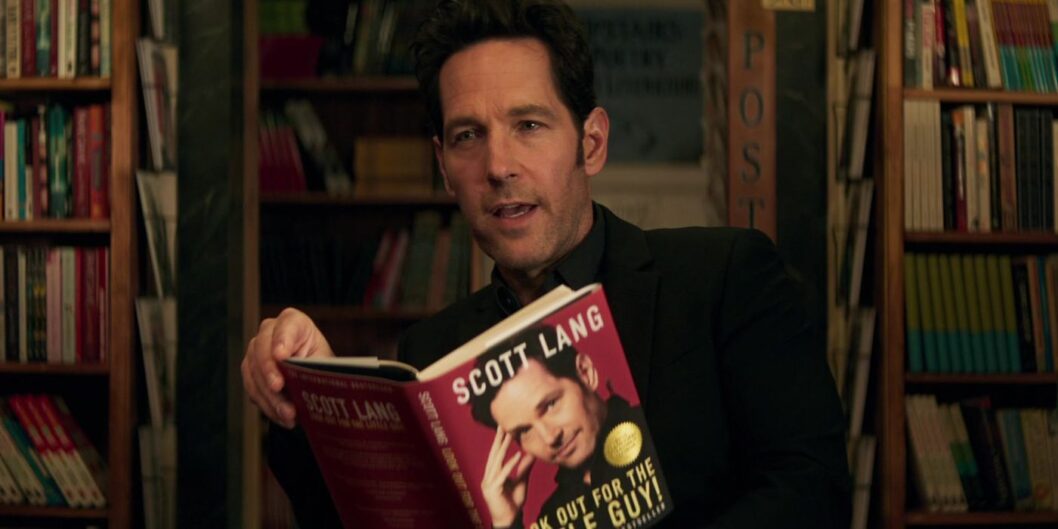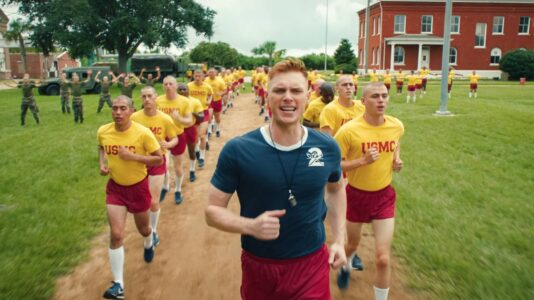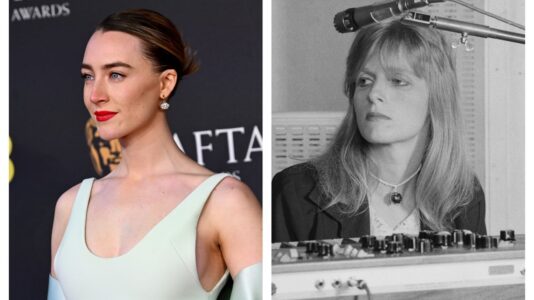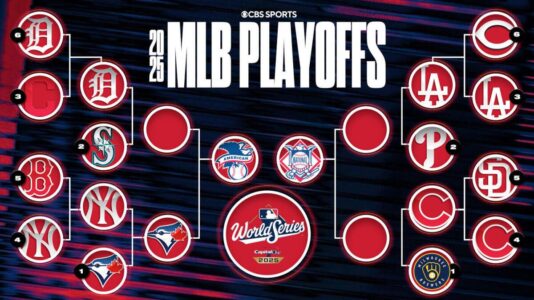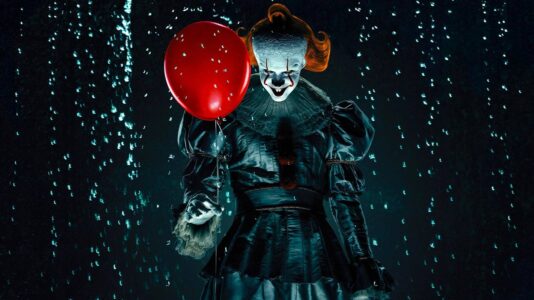Underappreciated Gems of the Marvel Cinematic Universe
The Marvel Cinematic Universe (MCU) has dominated box offices around the world, producing some of the most iconic superhero films in history. However, amidst the blockbuster hits, several movies deserve more recognition than they received upon their initial release. Here, we explore some of these overlooked gems, highlighting their unique contributions to the franchise and their storytelling merits.
Big Hero 6
First on the list, Big Hero 6 stands out as an animated Disney film from 2014. Although it found some commercial success, its emotionally resonant storytelling and animation style warrant further acclaim. The film follows Hiro Hamada, who grapples with grief and uncovers a plot by a corrupt businessman. Its failure to secure more attention could be attributed to its disconnection from the main MCU timeline. Given that it was released during the height of MCU popularity, it’s remarkable that such an engaging film slipped under the radar.
The Marvels
Moving into the MCU itself, The Marvels serves as a sequel to Captain Marvel, Ms. Marvel, and WandaVision. Upon its release, the film was criticized for being overly complex. However, it showcases strong action sequences, comedic elements, and the impressive chemistry among its leads—Brie Larson, Iman Vellani, and Teyonah Parris. Despite hitting theaters amid negative reviews, streaming on Disney+ has since improved its reception, revealing that viewers are rediscovering its charm.
Avengers: Age of Ultron
Despite being part of the celebrated Avengers franchise, Avengers: Age of Ultron (2015) often receives negative attention. Critics pointed out flaws, such as the introduction of pivotal characters who quickly met their demise and tonal inconsistencies. However, it marked the debut of Wanda Maximoff, played by Elizabeth Olsen, and introduced Ultron, voiced by James Spader. The film can be viewed as a pivotal piece in the MCU’s evolving narrative, embodying some of the awkward phases of character development and plot transitions, which ultimately laid the groundwork for future successes.
X-Men: First Class
X-Men: First Class (2011) rejuvenated the X-Men franchise following uneven entries. The film served as a reboot, exploring the origins of iconic characters like Charles Xavier and Erik Lensherr, portrayed by James McAvoy and Michael Fassbender, respectively. Despite its rich narrative and character development, it faced skepticism due to recasting at a time when fans were already attached to earlier portrayals. Nonetheless, it stands as a crucial step in creating a cohesive timeline for the X-Men universe.
Doctor Strange in the Multiverse of Madness
Doctor Strange in the Multiverse of Madness (2022) stands out as the first film in the MCU to delve deeply into the multiverse concept. Featuring Benedict Cumberbatch as Doctor Strange and Elizabeth Olsen as Wanda Maximoff, the film explores themes of grief and ambition against a backdrop of horror-inspired visuals. Some audience members struggled with its narrative complexity and horror elements, limiting its overall box office performance. Yet, its ambitious storytelling and spectacular effects mark it as a standout in the MCU.
Shang-Chi and the Legend of the Ten Rings
Shang-Chi and the Legend of the Ten Rings (2021) brought a fresh narrative perspective to the MCU, introducing Simu Liu in the titular role. It serves as a cultural milestone by presenting stories rooted in Asian heritage, marking a departure from primarily Western-centered narratives. Despite positive reviews and significant box office earnings, some fans did not fully engage with the film, possibly due to franchise fatigue post-Infinity Saga. However, this movie could be pivotal for the future of the MCU, setting the stage for greater representation and storyline diversity.
Ant-Man
Ant-Man (2015), directed by Peyton Reed, blends comedy with the superhero genre, introducing Paul Rudd as Scott Lang, a likable antihero. Despite its unique approach to storytelling within the MCU, including a heist format, it is frequently overshadowed by higher-stakes stories. The film’s clever humor and emotional depth provide a refreshing contrast to the often world-ending stakes in superhero films, making it a worthwhile entry that fans often overlook.
Hulk Vs.
Lastly, Hulk Vs. (2009) presents a varied format as an animated feature focusing on two battles: Hulk Vs. Wolverine and Hulk Vs. Thor. This direct-to-video film showcases two beloved characters engaging in epic showdowns, and its action sequences capture the classic thrill of comic battles. Many fans may not consider it part of the MCU canon, yet it celebrates the beloved characters and storytelling elements that make Marvel engaging.
Conclusion
These undervalued films add depth, charm, and diversity to the Marvel landscape, revealing that even amidst a plethora of blockbuster hits, noteworthy stories and characters can sometimes be overlooked. As the MCU continues to grow and expand its narrative universe, revisiting these films could provide audiences with a richer understanding of the franchise’s evolution, while simultaneously enriching their appreciation for the myriad storytelling styles that the Marvel universe has to offer.



